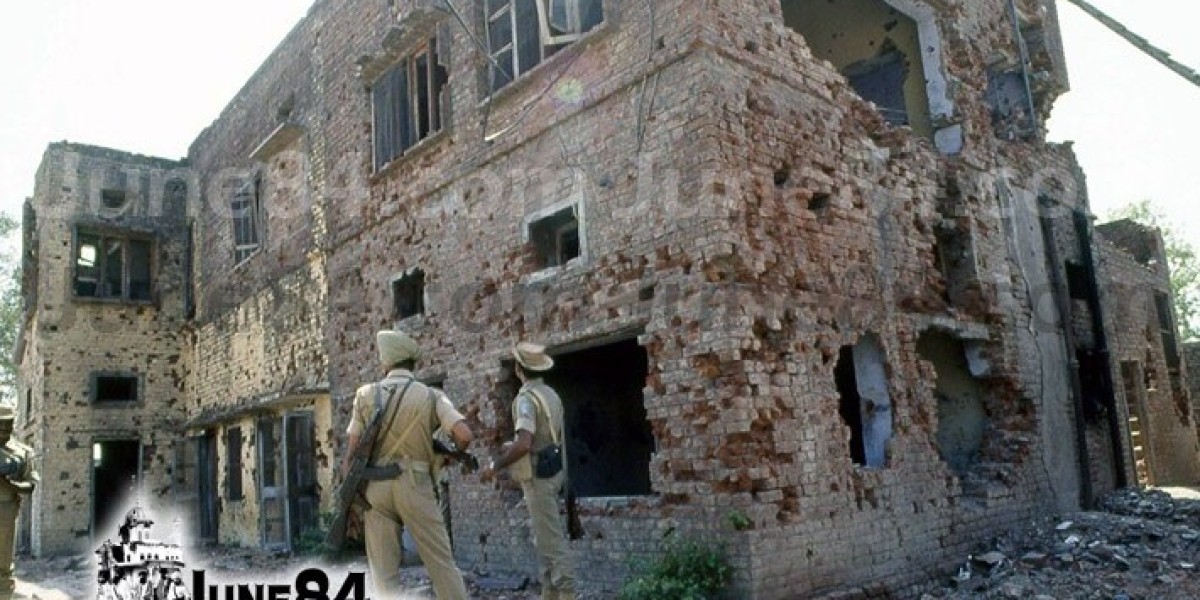Unveiling the Controversial Behla Encounter
The Behla Encounter is a deeply debated incident that continues to evoke strong reactions from across society. This encounter, which took place under highly contentious circumstances, has become a symbol of the ongoing debate about law enforcement’s use of force and accountability in India. This article explores the details of the Behla Encounter, shedding light on its complexities and the involvement of key individuals like Surjit Singh Behla.
What is the Behla Encounter?
An encounter generally refers to a confrontation between police forces and alleged criminals, often resulting in casualties. The Behla Encounter, however, stands apart because of the intense controversy that surrounds it. Law enforcement claimed the encounter was a necessary action to eliminate dangerous elements threatening public safety. However, the narrative has been questioned, with allegations suggesting that the encounter might have been orchestrated.
Many eyewitness accounts and independent investigations pointed to irregularities in how the operation was conducted. These conflicting perspectives have kept the incident under the spotlight, making the Behla Encounter a critical case study in discussions on police ethics and justice.
The Involvement of Surjit Singh Behla
A pivotal figure in the Behla Encounter is Surjit Singh Behla, whose name has become synonymous with the event. Surjit Singh Behla was reportedly a central figure linked to activities that triggered police action. His background, affiliations, and the suspicion of involvement in criminal networks made him a target for law enforcement agencies.
While police justified their actions by presenting Surjit Singh Behla as a major threat, many activists and community members have contested this portrayal. They argue that Surjit Singh Behla was denied due process and was a victim of an extrajudicial killing, sparking wider debate on justice and human rights.
Public and Media Response to the Behla Encounter
The Behla Encounter immediately became a focal point for public outrage and media scrutiny. Human rights organizations demanded transparency and a fair investigation into the incident. Protests were organized by groups who believed the encounter was unjustified and a violation of legal norms.
Media coverage played a significant role in shaping public opinion. Some outlets supported the police narrative, emphasizing the need for strong action against crime. Others highlighted the possibility of abuse of power and called for reforms to prevent misuse of encounters as a tool for extrajudicial punishments.
Investigations and Legal Challenges
In the aftermath of the Behla Encounter, numerous legal petitions were filed challenging the legitimacy of the police operation. Courts ordered comprehensive inquiries to examine whether the encounter was genuine or staged.
Investigations by independent commissions revealed discrepancies in official reports, questioning the conduct of the police officers involved. Despite this, judicial outcomes remain divisive, with supporters of the police asserting the operation was justified and critics calling for greater accountability.
The Broader Implications of the Behla Encounter
The Behla Encounter has far-reaching implications beyond the immediate case. It highlights the challenges faced by the justice system in balancing effective crime control with protecting individual rights. The case of Surjit Singh Behla illustrates how encounters can quickly become flashpoints for larger societal debates about law, order, and justice.
This incident underscores the urgent need for procedural reforms, greater transparency, and mechanisms to prevent abuse of power in police encounters. It also emphasizes the importance of safeguarding human rights while addressing security concerns.
Final Thoughts
The Behla Encounter remains a powerful example of the complex intersection between law enforcement and civil liberties. Whether seen as a legitimate police action or a miscarriage of justice, the event forces society to reflect on critical issues around accountability and rule of law.
Understanding the full story behind the Behla Encounter and the role of Surjit Singh Behla helps shed light on ongoing debates that are vital for strengthening trust in the justice system and ensuring fair treatment for all citizens.








